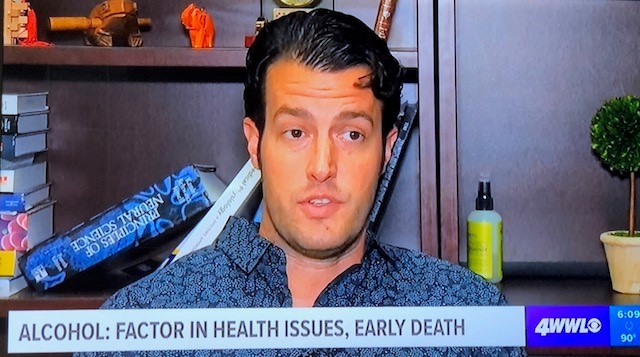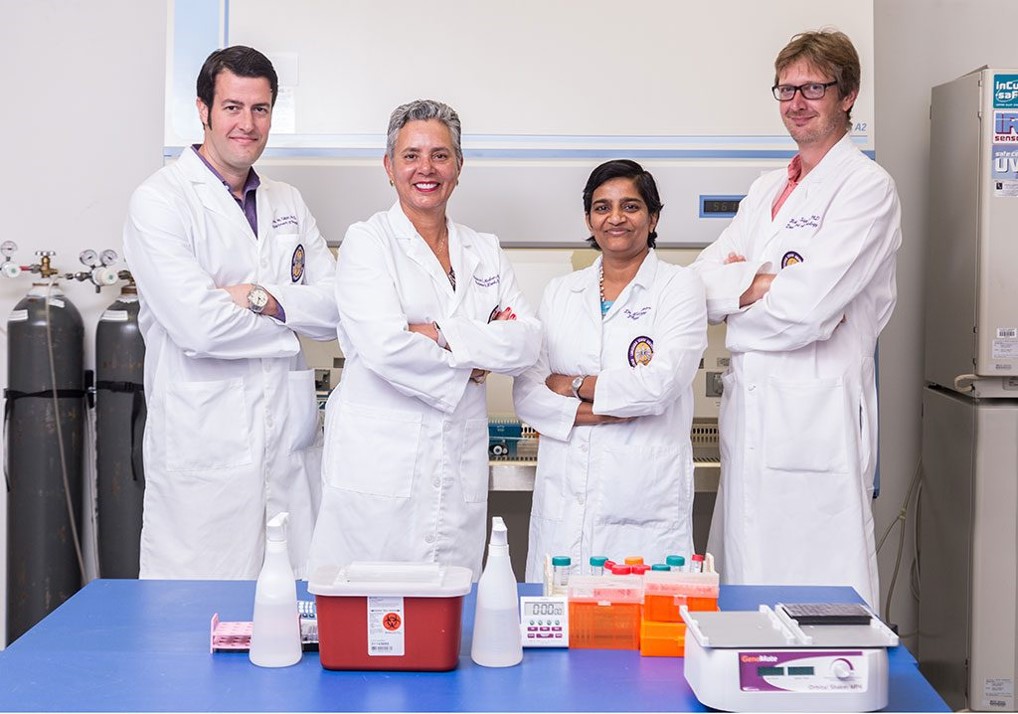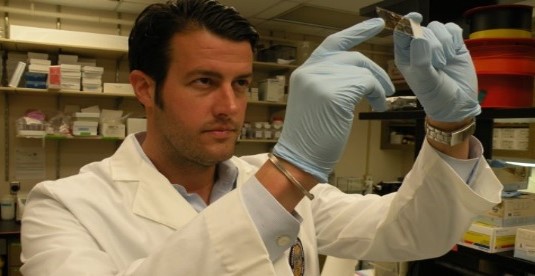August 27, 2018
Dr. Nicholas Gilpin was interviewed by Meg Farris, WWL-TV New Orleans regarding a recent Lancet article that was published.
Watch the entire interview here.

Read the article here.
WWW TV 9/16/17 What Can Happen When Ttoo Much Alcohol is Consumed
See story
******************************************************************************
Preventing Abuse & Treating Addiction, in Louisiana and Beyond
Alcohol and drug abuse take a tremendous toll on our society at many levels, and Louisiana is no exception, ranking among the highest in the nation for consumption and abuse of alcohol and drugs. Approximately 10% of Louisiana residents have a diagnosable alcohol use disorder and 5% use illicit drugs. Outdated estimates from 1998 place the economic cost of alcoholism in Louisiana at $3 billion annually and the cost of illicit drug addiction at $193 billion per year nationally.

The LSU Health Alcohol and Drug Abuse Center of Excellence (ADACE) is working on a number of fronts to combat issues related to addiction and abuse. The mission of the ADACE is to enhance the research capabilities of scientists, stimulate collaborative research efforts, and strengthen educational activities related to the biomedical aspects of alcohol and substance abuse. Dr. Patricia Molina and her team work together to find solutions to alcohol and drug addiction. Pictured (left to right) Dr. Nicholas Gilpin, Dr. Patricia Molina, Dr. Liz Simon and Dr. Robert Siggins.
"Our projects have a positive economic impact on Louisiana by reducing lost wages,
as well as health care and mortality costs associated with alcohol and drug abuse."
Patricia Molina, MD, PhD, Director of the ADACE
*********************************************************
Top Story on VAntage Point :
 Dr. Nicholas Gilpin, who recently was awarded a research grant from VA, is working
to identify the neurobiological mechanisms in underlying heightened pain states in
the context of alcohol dependence and stress disorders. Gilpin and his staff are working
to develop therapeutic strategies that reduce pain in Veterans living with PTSD and/or
alcohol use disorder.
Dr. Nicholas Gilpin, who recently was awarded a research grant from VA, is working
to identify the neurobiological mechanisms in underlying heightened pain states in
the context of alcohol dependence and stress disorders. Gilpin and his staff are working
to develop therapeutic strategies that reduce pain in Veterans living with PTSD and/or
alcohol use disorder.
Gilpin's grant will support work to examine the contribution of brain melanocortin-4
(MC4) receptor signaling to pain processing in those living with alcohol dependence
or traumatic stress disorders. Our first major data set demonstrates that MC4 receptors
modulate heightened pain processing in those living with alcohol dependence, and that
we can use this receptor as a therapeutic target, he said. Next, our plan is to drill
deeper to understand how and where this receptor interrupts brain circuits. That will
be a major step toward understanding how MC4 receptors may potentially be targeted
to improve Veterans lives.

